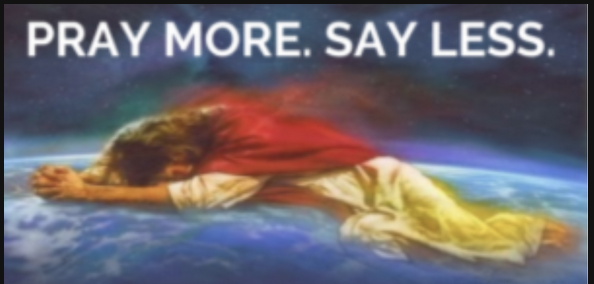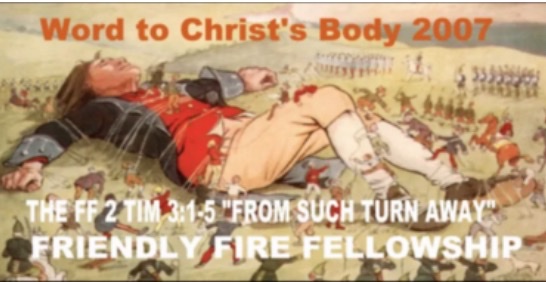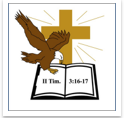
FIRST PART : THE BIBLE PASSAGE: PLEASE THOROUGHLY PONDER THE SCRIPTURE IN LIGHT OF TODAY
SECOND PART: TD EXPOUNDS LIGHTLY ON THE ISAIAH 26 POINTS
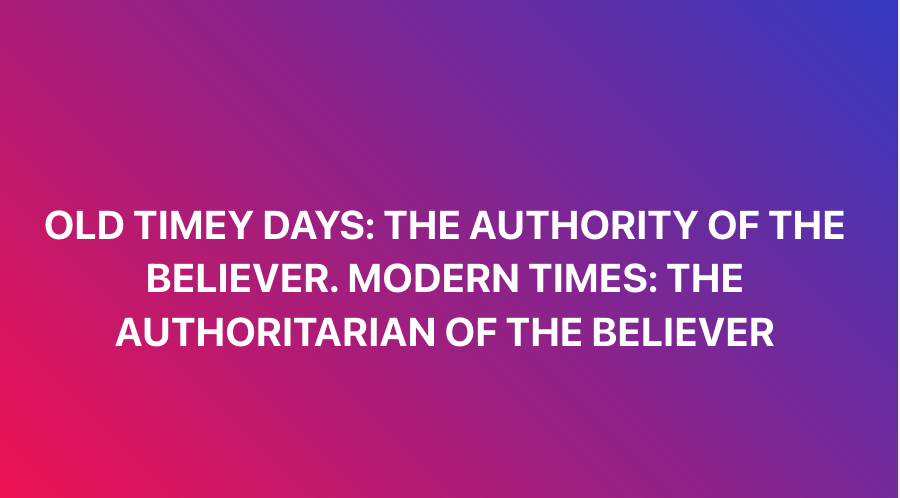
ISAIAH 26 COMES TO MIND: THE NATION OF ISAIAH
(in bits and snatches, big and smaller installments)
26 In that day shall this song be sung in the land of Judah; We have a strong city; salvation will God appoint for walls and bulwarks.
2 Open ye the gates, that the righteous nation which keepeth the truth may enter in.
3 Thou wilt keep him in perfect peace, whose mind is stayed on thee: because he trusteth in thee.
4 Trust ye in the Lord for ever: for in the Lord Jehovah is everlasting strength:
5 For he bringeth down them that dwell on high; the lofty city, he layeth it low; he layeth it low, even to the ground; he bringeth it even to the dust.
6 The foot shall tread it down, even the feet of the poor, and the steps of the needy.
7 The way of the just is uprightness: thou, most upright, dost weigh the path of the just.
8 Yea, in the way of thy judgments, O Lord, have we waited for thee; the desire of our soul is to thy name, and to the remembrance of thee.
9 With my soul have I desired thee in the night; yea, with my spirit within me will I seek thee early: for when thy judgments are in the earth, the inhabitants of the world will learn righteousness.
10 Let favour be shewed to the wicked, yet will he not learn righteousness: in the land of uprightness will he deal unjustly, and will not behold the majesty of the Lord.
11 Lord, when thy hand is lifted up, they will not see: but they shall see, and be ashamed for their envy at the people; yea, the fire of thine enemies shall devour them.
12 Lord, thou wilt ordain peace for us: for thou also hast wrought all our works in us.
13 O Lord our God, other lords beside thee have had dominion over us: but by thee only will we make mention of thy name.
14 They are dead, they shall not live; they are deceased, they shall not rise: therefore hast thou visited and destroyed them, and made all their memory to perish.
15 Thou hast increased the nation, O Lord, thou hast increased the nation: thou art glorified: thou hadst removed it far unto all the ends of the earth.
16 Lord, in trouble have they visited thee, they poured out a prayer when thy chastening was upon them.
17 Like as a woman with child, that draweth near the time of her delivery, is in pain, and crieth out in her pangs; so have we been in thy sight, O Lord.
18 We have been with child, we have been in pain, we have as it were brought forth wind; we have not wrought any deliverance in the earth; neither have the inhabitants of the world fallen.
19 Thy dead men shall live, together with my dead body shall they arise. Awake and sing, ye that dwell in dust: for thy dew is as the dew of herbs, and the earth shall cast out the dead.
20 Come, my people, enter thou into thy chambers, and shut thy doors about thee: hide thyself as it were for a little moment, until the indignation be overpast.
21 For, behold, the Lord cometh out of his place to punish the inhabitants of the earth for their iniquity: the earth also shall disclose her blood, and shall no more cover her slain.
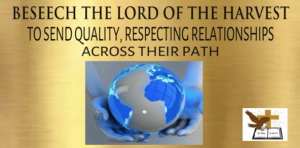
THE NATION OF ISAIAH : CHAPTER 26 STUDY
The Role of the Mighty God in Disturbing Ministry Times
Pastor T feels that if there are TWO MAJORLY IMPORTANT Books in the last few remaining TV Ministry, Christian ministry Days: 1. the Book of Isaiah and 2 Apostle Paul’s Teaching Epistle to the Ministry Church: The Book of Ephesians
(C)2024 TAVEAU D’ARCY All copyrights reserved under international copyrights laws
Isaiah 26 is a song of praise and trust in God, celebrating His protection, deliverance, and justice. It reflects themes of God’s sovereignty, the future resurrection of His people, and the ultimate victory over death and oppression. Below is a deeper look at its key themes and verses:
1. A Strong City (Isaiah 26:1-2)
• Verse 1: “In that day, this song will be sung in the land of Judah: We have a strong city; God makes salvation its walls and ramparts.”
◦ Meaning: This verse speaks of a future time when God’s people will dwell in a place of ultimate safety, symbolized by the “strong city.” The walls are not literal but represent God’s protection and salvation, highlighting divine security for the faithful.
• Verse 2: “Open the gates that the righteous nation may enter, the nation that keeps faith.”
◦ Meaning: The gates of the strong city are opened only to the righteous, those who remain faithful to God. This conveys the idea that God’s kingdom is open to those who live righteously and uphold truth.
2. Perfect Peace (Isaiah 26:3-4)
• Verse 3: “You will keep in perfect peace those whose minds are steadfast, because they trust in you.”
◦ Meaning: This well-known verse is often quoted to describe the peace that comes from trusting in God. The Hebrew word for peace, shalom, encompasses wholeness, well-being, and prosperity. This verse promises peace not as the absence of trouble, but as a condition of inner calm and security for those who keep their mind focused on God.
• Verse 4: “Trust in the Lord forever, for the Lord, the Lord himself, is the Rock eternal.”
◦ Meaning: The exhortation here is to put full trust in God because He is everlasting and unchangeable. “Rock” symbolizes strength, stability, and reliability—God is a sure foundation for those who trust Him.
3. Humbling of the Proud (Isaiah 26:5-6)
• Verse 5: “He humbles those who dwell on high, he lays the lofty city low; he levels it to the ground and casts it down to the dust.”
◦ Meaning: This passage shows that God brings judgment against the proud and lofty. The “lofty city” represents arrogance and human pride, which God will ultimately bring low. This stands in contrast to the “strong city” of salvation mentioned earlier.
• Verse 6: “Feet trample it down— the feet of the oppressed, the footsteps of the poor.”
◦ Meaning: The poor and the oppressed, who were once downtrodden by the proud, will now triumph over their enemies. This is a picture of divine justice—God exalting the humble and humbling the proud.
4. The Path of the Righteous (Isaiah 26:7-9)
• Verse 7: “The path of the righteous is level; you, the Upright One, make the way of the righteous smooth.”
◦ Meaning: God provides a smooth and straight path for the righteous, implying divine guidance and favor. This image of a level path conveys ease and righteousness, in contrast to the obstacles faced by the wicked.
• Verse 8: “Yes, Lord, walking in the way of your laws, we wait for you; your name and renown are the desire of our hearts.”
◦ Meaning: The righteous wait on God, desiring to live according to His laws and seeking His presence. There’s a longing for God’s name and reputation to be exalted, showing a heart completely devoted to Him.
• Verse 9: “My soul yearns for you in the night; in the morning my spirit longs for you. When your judgments come upon the earth, the people of the world learn righteousness.”
◦ Meaning: This verse emphasizes a deep yearning for God, both day and night. It also reflects the belief that when God’s judgments are revealed, they lead to righteousness among people. Judgment, in this sense, has a corrective purpose—leading people toward righteousness.
5. God’s Judgment on the Wicked (Isaiah 26:10-11)
• Verse 10: “But when grace is shown to the wicked, they do not learn righteousness; even in a land of uprightness they go on doing evil and do not regard the majesty of the Lord.”
◦ Meaning: This verse highlights the stubbornness of the wicked, who fail to repent even when shown grace. Despite being in the presence of righteousness, their hearts remain hardened, underscoring the human tendency to reject God.
• Verse 11: “Lord, your hand is lifted high, but they do not see it. Let them see your zeal for your people and be put to shame; let the fire reserved for your enemies consume them.”
◦ Meaning: The wicked fail to see God’s power and intervention. There is a prayer for God’s zeal for His people to be revealed, bringing shame to the wicked and divine judgment upon them.
6. Resurrection and Hope (Isaiah 26:19)
Verse 19: “But your dead will live, Lord; their bodies will rise— let those who dwell in the dust wake up and shout for joy— your dew is like the dew of the morning; the earth will give birth to her dead.”
◦ Meaning: This verse is one of the clearest Old Testament references to the resurrection of the dead. It speaks of the hope that even death cannot separate God’s people from His life-giving power. The imagery of morning dew suggests new life, renewal, and hope.
7. Hide Until the Wrath Passes (Isaiah 26:20-21)
• Verse 20: “Go, my people, enter your rooms and shut the doors behind you; hide yourselves for a little while until his wrath has passed by.”
◦ Meaning: In times of judgment, God instructs His people to hide and wait until His wrath passes. This recalls the Passover event in Egypt (Exodus 12), where God’s people were protected as judgment fell upon the Egyptians. It suggests that God’s people will be shielded during the time of divine judgment.
• Verse 21: “See, the Lord is coming out of his dwelling to punish the people of the earth for their sins. The earth will disclose the blood shed on it; the earth will conceal its slain no longer.”
◦ Meaning: This final verse prophesies God’s future judgment on the earth for sin. The earth, which has concealed violence and injustice, will reveal the blood of the innocent, and divine justice will be carried out.
Conclusion and Deeper Themes
Isaiah 26 emphasizes God’s faithfulness in providing protection, salvation, and justice for His people. It contrasts the fate of the righteous, who will experience peace and resurrection, with that of the wicked, who remain unrepentant and face destruction. The chapter ultimately reveals a future hope—God’s final victory over death and His restoration of all things.
TO HELP. SUPPORT AND COMFORT MANY:
(C)2024 Taveau Creative Leadership All copyrights reserved under international copyright, in conjunction with AI
